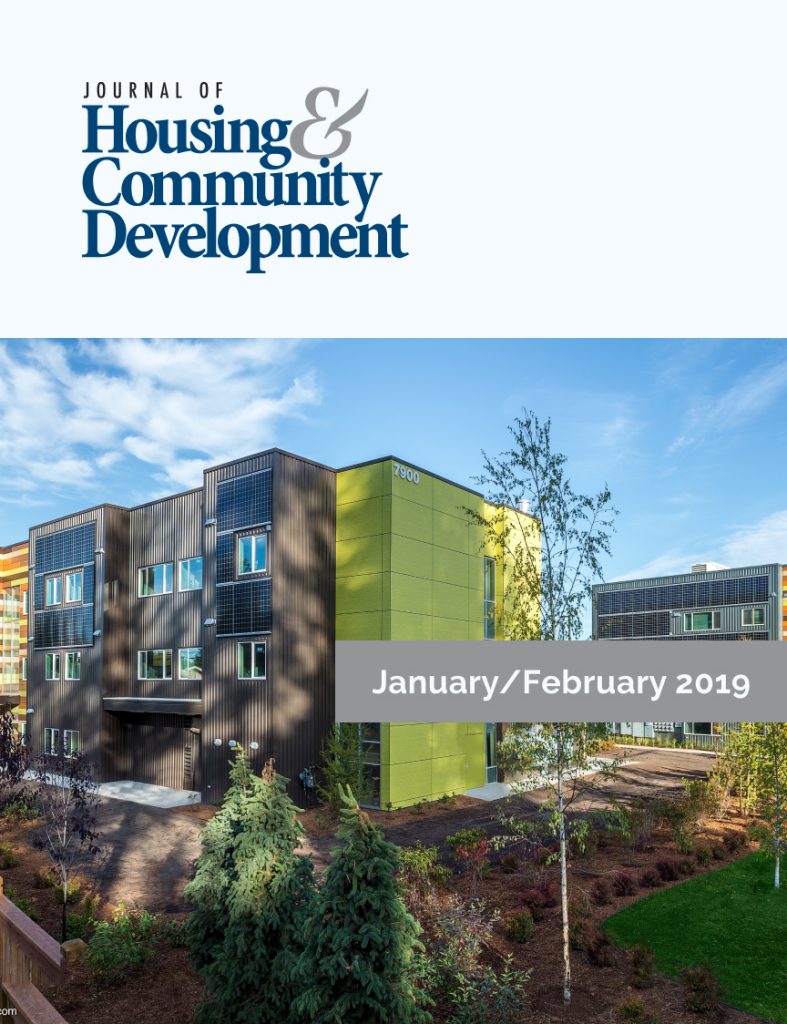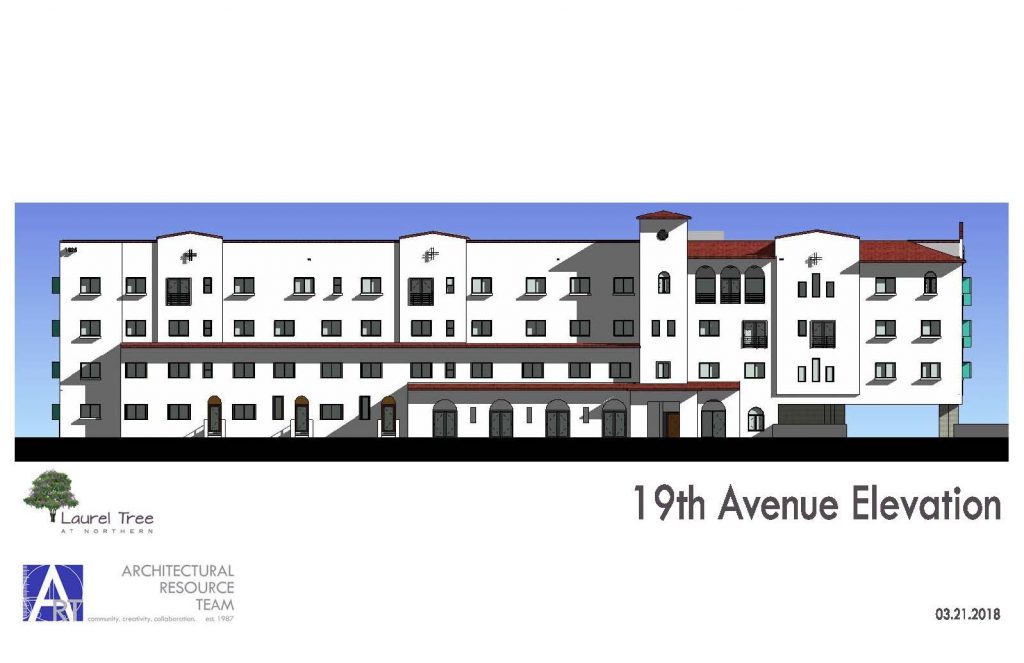Three Topics for Commissioner Education
It’s easy to forget about commissioners when we plan education and training. After all, many commissioners are skilled leaders, and they already volunteer lots of valuable time. But even commissioners can improve their skills. Here are a few areas in which professional development can help.
Advocacy
Remember the four As of the public relations pyramid? The base is Awareness: do people know who we are? Then comes Affinity: do they like us? Next is Action, doing something to help us. And at the top, Advocacy, persuading others on our behalf.
Commissioners have climbed the ladder and are often our most effective advocates. When a commissioner speaks – correcting a misunderstanding in the community or testifying to a legislative committee – they’re credible. They can move an audience to support our interests.
Staff can help commissioners develop their advocacy effectiveness in three ways:

- One way is to make sure commissioners are educated about the agency’s strategy, strengths, and challenges. Also, don’t forget to enlist commissioners in public relations planning; they can identify audiences and interpret community concerns.
- Two, help commissioners master their talking points and deliver them effectively. Few of us are born public speakers. (Most of us babble and drool at first.) But we know how to build this skill, and it can be useful elsewhere in commissioners’ lives.
- Three, create opportunities for advocacy. Staff has the responsibility to identify and schedule advocacy venues: service clubs; reports to city councils; legislative testimony. Sometimes you can create opportunities using regional or national themes, as with NAHRO’s Housing America Month.
Executive Development and Continuity
The second area for commissioner development is the care and feeding – and eventual replacement – of the agency’s executive.
This isn’t a human resources responsibility, even though HR plays a big role. This is a board job, and arguably the most important one.
The executive is the board’s only employee, in most cases. This means the board must express itself through the executive in order to ensure strong performance in finance, staff management, service quality, and all the other areas important to success.
Commissioners need to know how the executive is performing, how to help improve performance, and how to prepare for replacement.
Though the HR folks can do much of the work, many smaller agencies don’t have a dedicated HR professional. They may “borrow” help from local government, business, or agency; or contract with a consultant. Regardless of the method, managing the executive and planning for succession is an essential role for commissioners – and education can support their performance.
Strategy
Strategy is a third opportunity for educating commissioners. It’s simple, right? Three basic questions: where are we? where do we want to be? how do we get there?

Ah, but strategy is a many-splendored thing. Type the word into a search engine and you will get two billion results. Among housing and re-development agencies alone, we see dozens of methods for strategic planning and management.
The point here isn’t to argue for a “right” strategy; that’s up to you. The point is to make sure commissioners are on board with whatever approach the agency chooses.
Why? First, commissioners can help in lots of ways. Second, misalignment on any of the basic questions can be disastrous. Imagine a strategy that presumes you’re respected by the community, but the commissioners have doubts or may be setting a goal to increase housing units when commissioners prefer to emphasize family self-sufficiency.
These are extreme examples, but even “softer” misalignment can be troublesome. Education and development can head off trouble in strategy before it appears, in three ways.
One, commissioners need to understand and endorse the agency’s approach to strategy. As leaders in the community and their own organizations, commissioners probably have experience with different methods for creating a strategy. They’ve seen a thing or two. And if they think the agency’s approach is weak, they’ll be less supportive.
Two, commissioners need to help answer the basic strategic questions. In a very real sense, it’s their agency; and they’re the “voice” of the community. Commissioners need to own the answers, including “how” the agency will get from “here” to “there.”
Three, commissioners need to know their roles, collectively and as individuals. Does the strategy require specific expertise, or help with a tricky political problem? Commissioners can play important roles in strategy, but they need time to practice their lines.
Wait, There’s More!
These three topics – advocacy, executive management, and strategy – are part of a longer list of commissioner competencies. Other topics include ethics, agency finance, and the rules and regulations of housing and community development.
Agencies may find it useful to participate in NAHRO’s commissioner credentialing program. It’s a structured, sequential approach to professional development, and credentialed commissioners add to agency credibility. Commissioner education also can be ad hoc, based on the agency’s upcoming needs.
Either way, high-performing agencies are governed by well-informed, engaged people prepared both to support the staff and to provide leadership. Education can build that kind of governance, and NAHRO professional development can help.
Ken Miller is a member of NAHRO’s professional development faculty. He’s the former board chair of the Tacoma (WA) Housing Authority.
More Articles in this Issue
Securing Cyberspace
The San Antonio Housing Authority (SAHA) won a 2018 Award of Excellence in Administrative Innovation…Building a Better Inspections Process
The Seattle Housing Authority (SHA) won a 2018 Award of Excellence in Administrative Innovation for…A Trailblazing Partnership Between Housers and Healthcare Providers
The State of Arizona’s Medicaid agency (AHCCCS) recognizes the vital importance of safe, decent and…The 2018-2019 Public Housing Investment Update
EDITOR’S NOTE: An older, uncorrected version of this article was mistakenly posted earlier. This is…Getting SMART with SHA
The Seattle Housing Authority (SHA) won a 2018 Award of Excellence in Administrative Innovation for…


